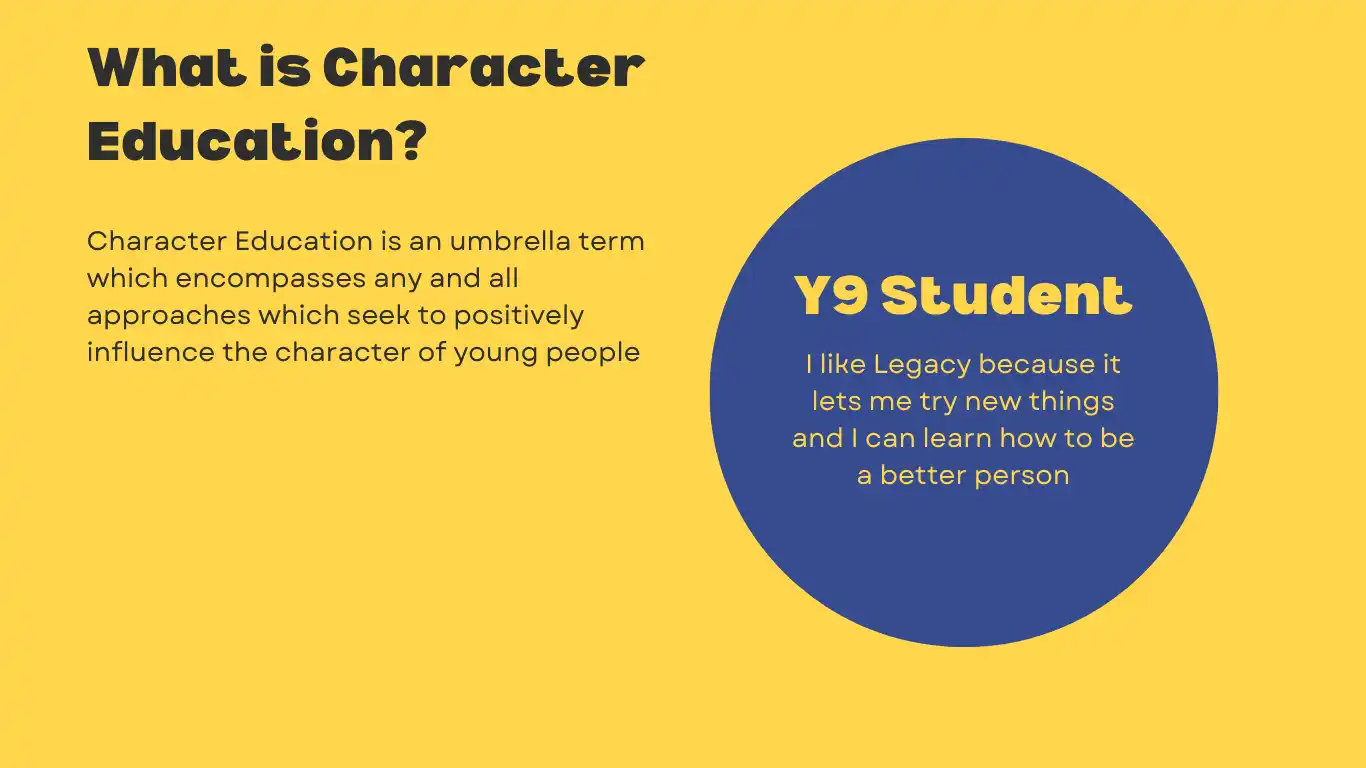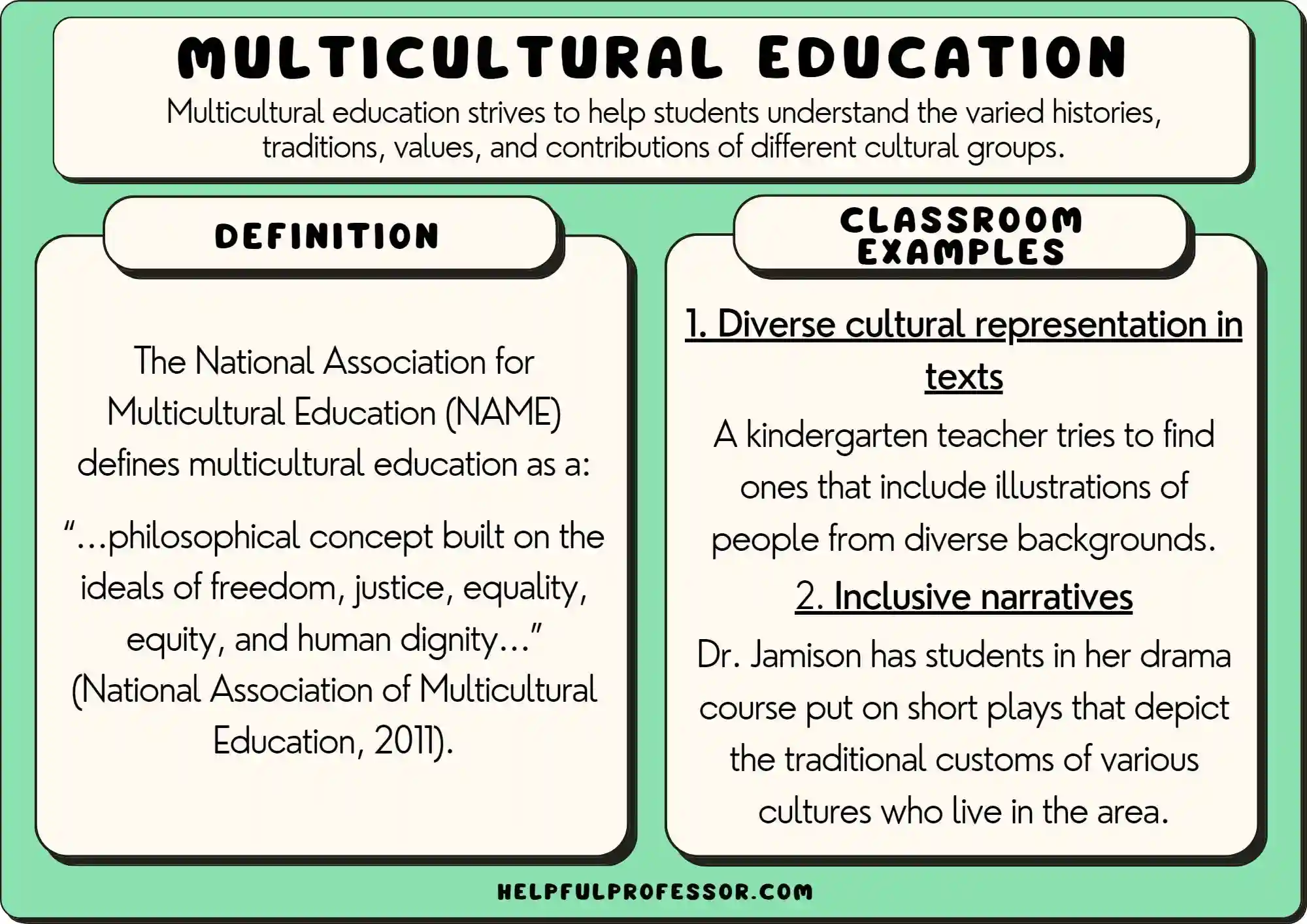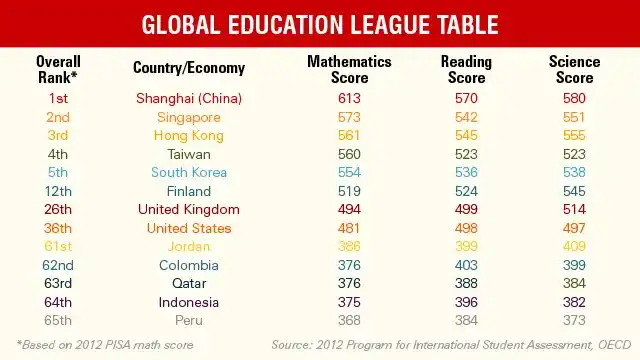What Is Character Education?
Mia Wilson

Photo: What Is Character Education?
Character education has emerged as a pivotal component in shaping individuals who contribute positively to society. But what exactly is character education? This article delves into the fundamentals of character education, exploring its significance, core elements, and practical approaches to fostering ethical and responsible behavior in various settings.
Understanding Character Education
Character education refers to the intentional teaching and cultivation of moral values, ethical principles, and positive behaviors in individuals. Unlike traditional education, which primarily focuses on academic skills and knowledge, character education emphasizes the development of traits such as integrity, empathy, responsibility, and respect. The goal is to nurture well-rounded individuals who not only excel academically but also possess the moral compass necessary to navigate complex social landscapes.
The Historical Context of Character Education
The concept of character education is not new. Philosophers and educators like Aristotle and Confucius have long advocated for the importance of moral and ethical development. In contemporary settings, character education gained prominence as educators and policymakers recognized that academic success alone does not guarantee personal fulfillment or societal well-being. This realization led to the integration of character education into school curricula, workplace training programs, and community initiatives.
The Importance of Character Education
Character education plays a crucial role in personal development and societal cohesion. Here’s why it matters:
Promoting Ethical Behavior
In an increasingly complex world, ethical dilemmas are commonplace. Character education equips individuals with the ability to discern right from wrong, making informed decisions that align with societal values and personal integrity.
Enhancing Social Skills
Traits such as empathy, cooperation, and respect are fundamental to building healthy relationships. Character education fosters these skills, enabling individuals to interact harmoniously in diverse environments.
Building Resilience and Responsibility
By instilling a sense of responsibility and perseverance, character education helps individuals navigate challenges and setbacks, promoting resilience and a proactive approach to problem-solving.
Contributing to a Positive Society
A society composed of individuals with strong moral foundations is more likely to experience social harmony, reduced conflict, and collective progress. Character education thus contributes to the overall betterment of communities.
Core Components of Character Education
Effective character education encompasses various elements that collectively foster ethical and responsible behavior. These components include:
Core Values
Identifying and teaching fundamental values such as honesty, respect, and kindness serves as the foundation for character education. These values guide individuals in their interactions and decision-making processes.
Social and Emotional Learning (SEL)
SEL programs focus on developing emotional intelligence, self-awareness, and interpersonal skills. These skills are essential for managing emotions, building relationships, and achieving personal and professional goals.
Ethical Reasoning
Encouraging individuals to engage in ethical reasoning helps them analyze situations, consider multiple perspectives, and arrive at morally sound conclusions.
Positive Reinforcement
Recognizing and rewarding positive behavior reinforces desired traits and motivates individuals to continue exhibiting such behaviors.
Role Modeling
Leaders, educators, and peers serve as role models. Demonstrating ethical behavior and positive traits provides tangible examples for others to emulate.
Implementing Character Education: Strategies and Approaches
Successfully integrating character education into various environments requires thoughtful strategies and consistent effort. Here are some effective approaches:
School-Based Programs
Educational institutions can incorporate character education into their curricula through dedicated programs, integrated lessons, and extracurricular activities. For instance, schools might include modules on ethical decision-making, conduct workshops on empathy, or establish honor codes that promote integrity.
Community Initiatives
Community organizations and local governments can support character education by organizing events, providing resources, and fostering environments that encourage ethical behavior and social responsibility.
Workplace Training
Employers can implement character education in the workplace by offering training programs that emphasize teamwork, respect, and ethical business practices. This not only enhances the work environment but also contributes to overall organizational success.
Family Involvement
Families play a crucial role in character development. Parents and guardians can reinforce character education by modeling positive behaviors, setting clear expectations, and engaging in open discussions about values and ethics.
Challenges in Character Education
While the benefits of character education are clear, implementing it effectively poses several challenges:
Diverse Value Systems
In multicultural societies, differing value systems can make it difficult to establish a universally accepted set of character traits. Navigating these differences requires sensitivity and inclusivity.
Measuring Impact
Assessing the effectiveness of character education programs can be challenging. Unlike academic achievements, moral and ethical growth is subjective and harder to quantify.
Resource Constraints
Schools and organizations may face limitations in terms of time, funding, and trained personnel dedicated to character education initiatives.
Overcoming Resistance
Some individuals may view character education as intrusive or irrelevant, leading to resistance in adopting such programs. Addressing these perceptions requires clear communication about the benefits and objectives of character education.
Overcoming the Challenges
To address these challenges, stakeholders can adopt the following strategies:
Inclusive Curriculum Design
Developing curricula that respect and incorporate diverse cultural values ensures that character education resonates with all participants. Collaborative efforts involving community members can help create inclusive programs.
Holistic Assessment Methods
Employing a combination of qualitative and quantitative assessment tools can provide a more comprehensive understanding of the impact of character education. Methods such as surveys, interviews, and observational studies can offer valuable insights.
Securing Resources
Advocating for funding, allocating dedicated time within schedules, and investing in professional development for educators are essential steps in overcoming resource constraints.
Building Consensus
Engaging stakeholders in meaningful conversations about the importance of character education can help build consensus and reduce resistance. Demonstrating tangible benefits through pilot programs can also garner support.
The Future of Character Education
As society continues to evolve, so too will the approaches to character education. Emerging trends indicate a growing emphasis on integrating technology with character development, such as using digital platforms for ethical simulations and virtual role-playing scenarios. Additionally, there is an increasing recognition of the need for lifelong character education, extending beyond traditional educational settings to encompass all stages of personal and professional life.
Conclusion
Character education is a vital aspect of holistic development, fostering individuals who are not only knowledgeable but also morally grounded and socially responsible. By emphasizing core values, social and emotional skills, and ethical reasoning, character education equips individuals to contribute positively to society. Despite the challenges in implementation, strategic approaches that emphasize inclusivity, effective assessment, and resource allocation can enhance the effectiveness of character education programs. As we look to the future, the continued evolution and integration of character education will play a crucial role in shaping a more ethical and harmonious world.
For You
View AllDive into the process of restoring classic cars from rust to shine. Learn expert tips to bring vintage cars back to life!
Mia Wilson
See how blockchain is improving transparency and efficiency in supply chains.
Mia Wilson
Upgrade your off-road truck with the best mods for performance and durability. Discover top picks for your adventure today!
Mia Wilson
Explore the US education ranking globally, factors influencing its position, and what it means for the future. Get insights now!
Mia Wilson
Embark on a solo adventure with this guide to top destinations. Find safety tips, best spots, and solo-friendly activities to fuel your wanderlust!
Mia Wilson
Stay ahead with the latest e-commerce trends shaping online shopping. Click to learn what’s next for digital commerce!
Mia Wilson
Education
View All
May 10, 2025
How to Become a Diabetes Educator
Learn the steps to becoming a certified diabetes educator and making a meaningful difference in patients’ lives. Start today!

April 29, 2025
What Is Multicultural Education?
Dive into multicultural education and how it promotes diversity, inclusion, and equity in classrooms. Learn now!

April 27, 2025
How to Become a Special Education Teacher
Explore the steps to becoming a special education teacher and making a difference in students’ lives. Start today!





